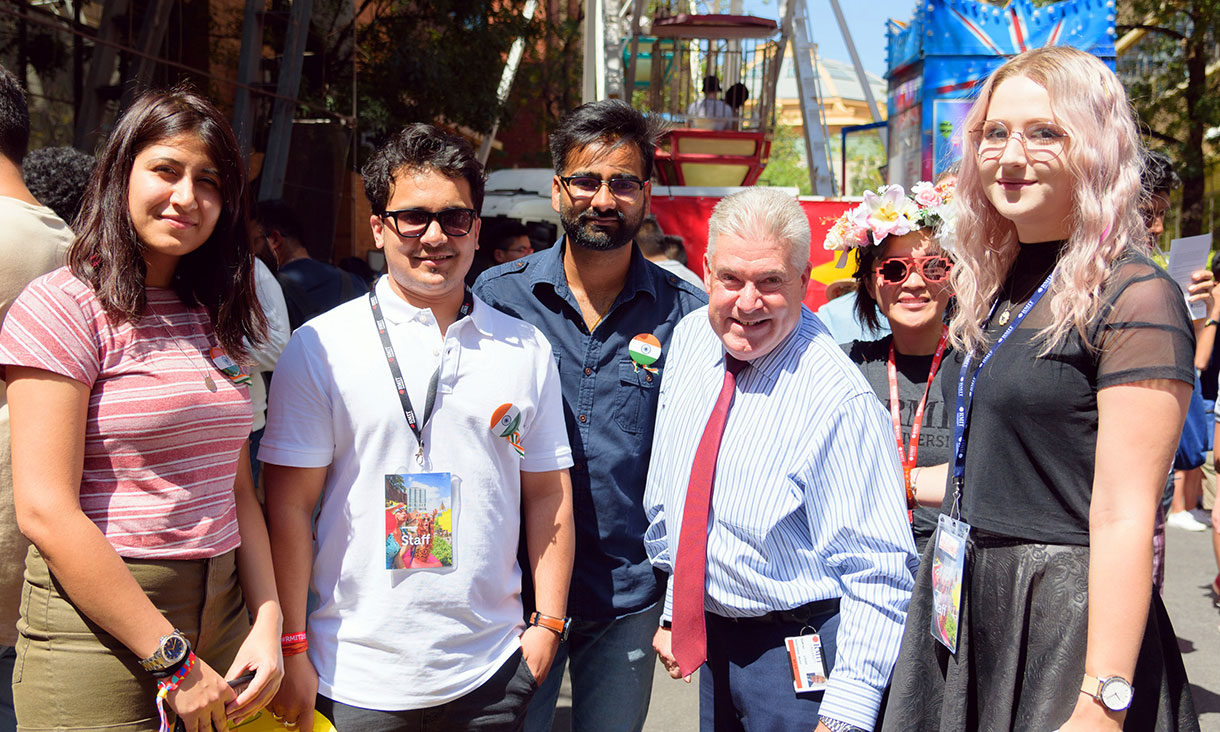Marcus Jilla fell in love with fresh tacos, spicy guacamole and all sorts of delicious Mexican food while he was on an RMIT exchange programme in the US.
Inspired by his experience, he wanted to introduce this food trend to Asia. This led him to start Mex Out, a casual Mexican restaurant in Singapore. He dishes out his recipe for success here.
A dash of freshness: Spotting a viable business trend
The first seeds of a business idea were planted in Marcus’s mind when he was on an RMIT exchange programme at Arizona State University’s WP Carey School of Business. As a hardcore foodie who enjoyed dining out with friends, he noticed how popular casual, affordable Mexican restaurants were in the US. And the idea took shape after he moved from Melbourne to Singapore in 2009 for work.
“Casual dining was starting to evolve and develop in Singapore. There were a few brands that had grown to 10 or more outlets, which meant that casual dining chains were viable. But there weren’t any Mexican eateries in that space yet,” says Marcus. “I saw this as an opportunity to start something in Singapore and then take it to other countries in Asia.”
Of course, undertaking such a task was easier said than done.

